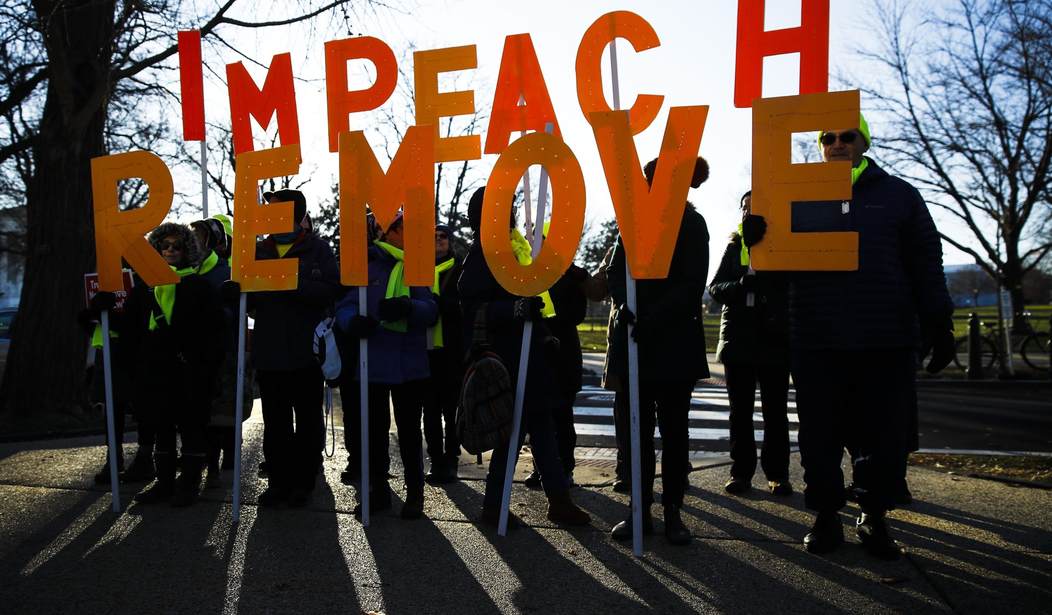Those of a certain age will recall the scene in “The Wizard of Oz” with Dorothy, Scarecrow, the Tin Man, and the Cowardly Lion fearfully looking around in the forest and chanting “Lions, and tigers and bears, oh my! Lions and tigers and bears, oh my!”
There are lots of lions and tigers and bears in contemporary American politics, if recent surveys are to be credited:
On the Right, there’s the QAnon conspiracy that has former President Donald Trump battling an evil ring of wealthy, power-hungry Democratic pedophiles for control of America.
On the Left, there’s Trump again, but in this sinister telling, he and Russian President Vladimir Putin secretly conspired to steal the 2016 U.S. presidential election from former Secretary of State Hillary Clinton.
To hear the pollsters, the QAnon conspiracy has particular power among White evangelical Republicans. Jack Jenkins of Religion News Service reports in Christian Headlines on a survey by the American Enterprise Institute (AEI).
“The survey, which was conducted by the conservative American Enterprise Institute, reported 29 percent of Republicans and 27 percent of white evangelicals — the most of any religious group — believe the widely debunked QAnon conspiracy theory is completely or mostly accurate,” Jenkins reported.
“QAnon has infiltrated other faiths as well, with 15 percent of white mainline Protestants, 18 percent of white Catholics, 12 percent of non-Christians, 11 percent of Hispanic Catholics and 7 percent of Black Protestants saying they believe it,” he continued.
Another recent survey, this one by Lifeway Research, the research unit of the publishing giant associated with the Southern Baptist Convention (SBC), the largest Protestant denomination in America, found that nearly half of the pastors surveyed reported having been told by congregants about conspiracies in American politics.
“Overall, the study found that 49% of U.S. Protestant pastors ‘say they frequently hear members of their congregation repeating conspiracy theories they have heard about why something is happening in our country,'” according to the Baptist News.
“Another 47% disagree with that assessment in their churches, including 26% who strongly disagree, saying they do not often hear church members sharing such ideas,” the Baptist News continued.
So what are we to make of these surveys? Writing in The Washington Post opinion section, Brian Klaas, associate professor of global politics at University College London, recently declared that, while many of the January 6 protestors at the U.S. Capitol were Trump supporters, they shared something else: “They were conspiracy theorists. And while hundreds of people stormed the Capitol, there are millions of Americans who share their views. There is no doubt: The United States has a serious problem with pathological political delusions.”
Well, Klaas was only half right. Check out what Reuters reported two years ago about what millions of Americans believe regarding Trump and Putin: “Nearly half of all Americans still believe President Donald Trump worked with Russia to interfere in the 2016 presidential election, according to a new Reuters/Ipsos poll conducted after Special Counsel Robert Mueller cleared Trump of that allegation,” Reuters reported in March 2019.
When asked specifically about accusations of collusion and obstruction of justice, 48 percent of poll respondents said they believed “Trump or someone from his campaign worked with Russia to influence the 2016 election,” down 6 percentage points from last week.
Fifty-three percent said “Trump tried to stop investigations into Russian influence on his administration,” down two points from last week. Public opinion was split sharply along party lines, with Democrats much more likely than Republicans to believe that Trump colluded with Russia and obstructed justice.
Why do so many Americans survey contemporary politics and conclude that secret forces are manipulating the rest of us for their own private benefit, political power or sexual deviancies?
Actually, it’s not so hard to figure out. Conspiracies are a substitute for facts. Most Americans depend on the mainstream media to provide facts about what our government and leaders are doing, but it’s been clear for decades that media credibility is in the toilet.
The most recent Gallup Poll made this fact clear last September:
At a time when Americans are relying heavily on the media for information about the coronavirus pandemic, the presidential election and other momentous events, the public remains largely distrustful of the mass media.
Four in 10 U.S. adults say they have “a great deal” (9 percent) or “a fair amount” (31 percent) of trust and confidence in the media to report the news “fully, accurately, and fairly,” while six in 10 have “not very much” trust (27 percent) or “none at all” (33 percent).
This isn’t rocket science: Deprive people of credible, fact-based reporting and conspiracy theories will sooner or later proliferate to explain what is happening and, often even more importantly, what is not happening.
I say that as somebody who has been a journalist in the nation’s capital for more years than I care to remember. I love real journalism (which the Founders protected and encouraged in the First Amendment as an independent check on government) and it breaks my heart to see public trust in the media evaporate.
In other words, if you want to know why conspiracy theories are so common these days, look no further than the vast majority of political reporting bylines in the New York Times, Washington Post, and the rest of the mainstream media.
One more thing: Klaas is the co-author of How to Rig an Election and the author of The Despot’s Apprentice and The Despot’s Accomplice. I am not making this up.
Mark Tapscott is an award-winning investigative journalist who covers Congress for The Epoch Times, and he is founder and editor of HillFaith, an apologetics ministry sharing the Gospel of Jesus Christ with congressional aides on Capitol Hill.










Join the conversation as a VIP Member